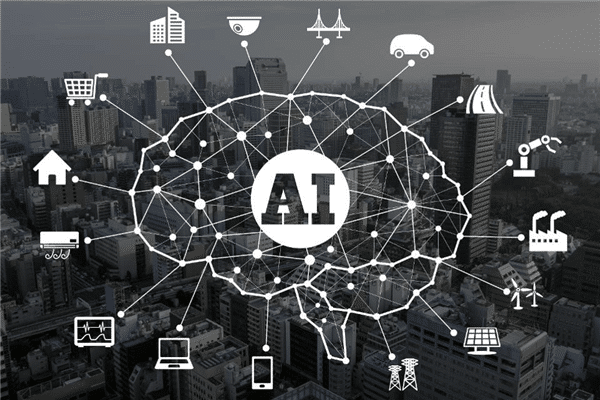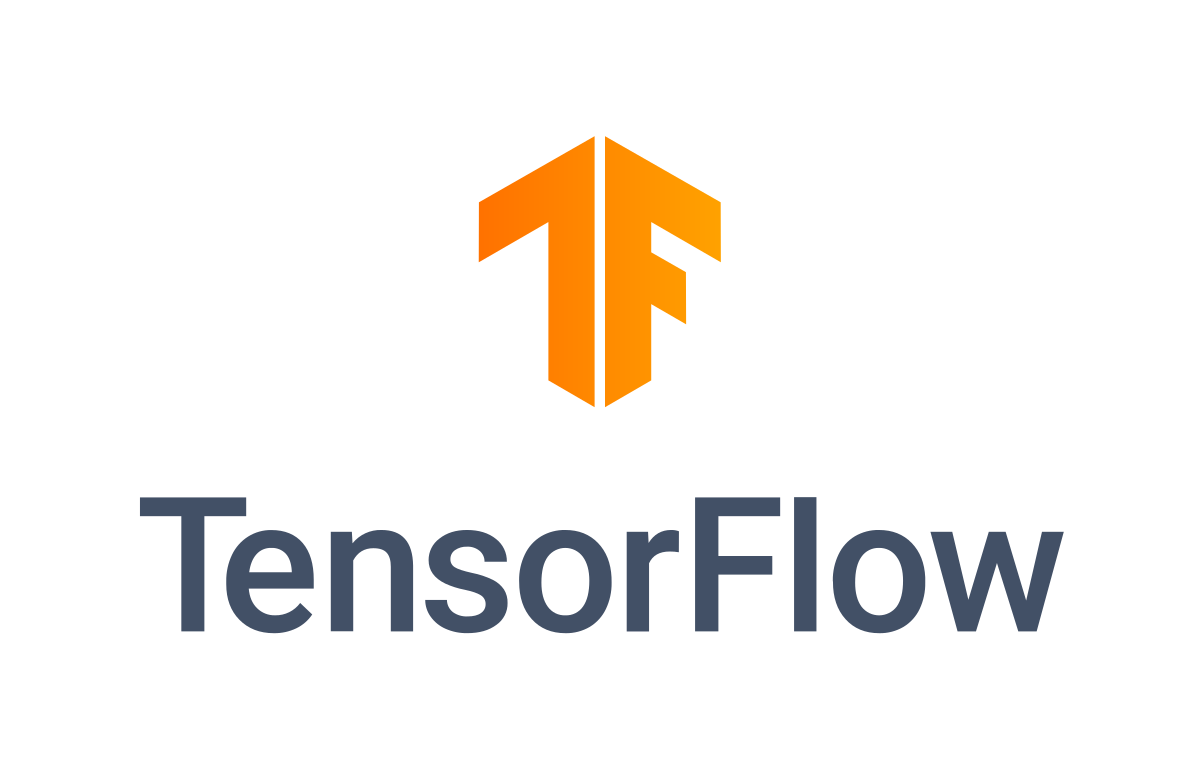"Artificial Intelligence (AI) is revolutionizing the way we live and work. From self-driving cars to virtual assistants, AI is being integrated into a wide range of industries and applications. With the growing demand for AI-powered solutions, many software tools have been developed to help developers and businesses harness the power of AI. In this blog post, we will explore some of the top AI software tools on the market, their features, and how they can be used to solve real-world problems. Whether you're a business looking to improve your operations or a developer looking to build the next big AI-powered application, this blog post will provide you with valuable insights and information about the latest and greatest AI software tools available."
Artificial intelligence (AI) is a rapidly growing field that has the potential to revolutionize the way we live and work. At its core, AI is the development of computer systems that can perform tasks that would normally require human intelligence, such as learning, problem-solving, and decision making.
One of the most exciting aspects of AI is its potential to improve our lives in countless ways. For example, AI-powered medical systems could help doctors diagnose diseases more quickly and accurately, while self-driving cars could make our roads safer. AI could also help us to address some of the world's most pressing challenges, such as climate change and poverty.
However, despite the many potential benefits of AI, there are also important ethical and societal concerns that must be addressed. For example, as AI systems become more advanced, they may displace human workers, leading to increased unemployment and inequality. Additionally, there are concerns about the safety and security of AI systems, particularly in areas such as autonomous weapons and financial trading.
To ensure that the benefits of AI are realized while minimizing the risks, it is important that we continue to invest in research and development in the field. This includes not only the development of new AI technologies, but also the study of their social and economic impacts. Additionally, it is essential that we establish clear guidelines and regulations for the use of AI, to ensure that it is used ethically and responsibly.
Overall, AI has the potential to be a powerful tool for improving our world, but it is important that we approach its development with caution and care. By working together, we can ensure that the future of AI is one that benefits us all.
Top AI Software
Artificial intelligence (AI) is rapidly becoming a key technology in various industries and has the potential to revolutionize the way we live and work. There are many AI software tools available, each with its own strengths and weaknesses. In this blog post, we will take a look at some of the top AI software tools on the market.
TensorFlow: TensorFlow is an open-source software library for machine learning developed by Google. It is widely used for deep learning and other machine learning tasks, and has a large community of developers who contribute to its development. TensorFlow is compatible with both Windows and Linux operating systems, and can be used with a variety of programming languages including Python, C++, and Java.
2. PyTorch: PyTorch is another open-source machine learning library developed by Facebook. It is similar to TensorFlow in that it is used for deep learning and other machine learning tasks, but PyTorch is known for its simplicity and ease of use. It is also compatible with Windows and Linux operating systems, and can be used with Python.
3. Scikit-learn: Scikit-learn is a machine learning library for the Python programming language. It is designed for traditional machine learning tasks such as classification, regression, and clustering, and is built on the popular NumPy and SciPy libraries. Scikit-learn is known for its ease of use and efficient algorithms.
5. OpenCV: OpenCV is an open-source computer vision library that can be used to develop applications that involve image and video processing. It is compatible with Windows, Linux, and Mac operating systems, and can be used with a variety of programming languages including C++, Python, and Java.
These are just a few examples of some of the top AI software tools on the market. There are many other AI software tools available, each with its own unique features and capabilities. It's important to choose the right tool for your specific use case and requirements.
In conclusion, AI is rapidly becoming a key technology in various industries and has the potential to revolutionize the way we live and work. There are many AI software tools available, each with its own strengths and weaknesses. The above mentioned are some of the most popular and widely used AI software tools in the market today. As technology and trends continue to evolve, it will be exciting to see what new developments and advancements will emerge in the field of AI software.







.png)





.png)

0 Comments